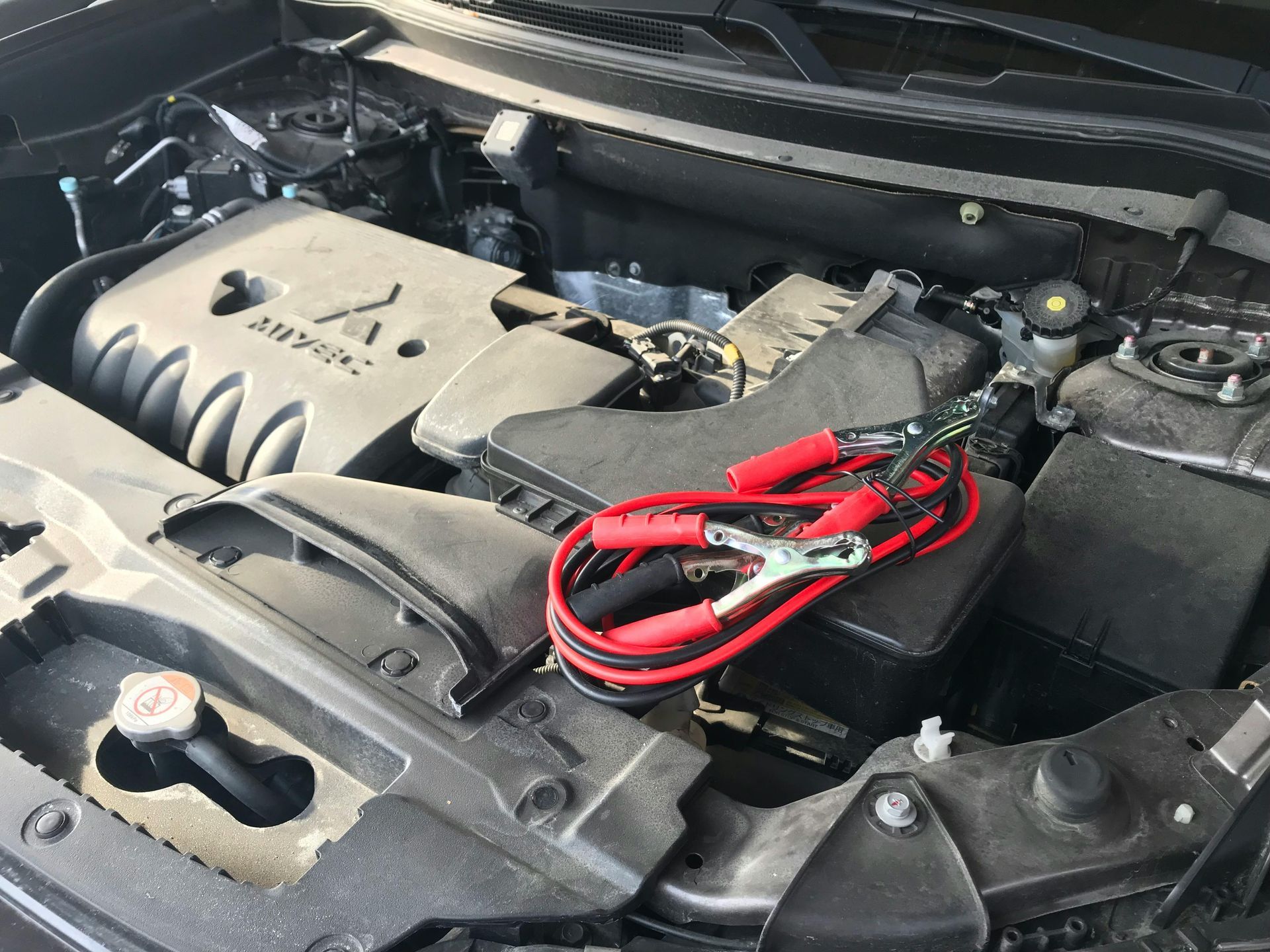ALLEN DRIVE OPEN STORAGE
How to Keep Your Vehicle Battery from Dying in Storage
If you’ve ever parked your car for a few months only to find it clicking weakly at you later, you’re not alone. Car batteries don’t like long naps. Whether you’re storing a classic ride, a work truck, or your daily commuter while you’re away, a few key steps can make all the difference between a smooth start and a frustrating tow call.
When you search for
“storage for car near me”, you’re probably thinking about safety and space—but your battery deserves some attention too. A car’s electrical system keeps drawing small amounts of power even when the engine is off. Things like clocks, security systems, and even onboard computers can drain your battery little by little. Add in temperature changes and time, and before you know it, that fully charged battery has gone flat.

A few common reasons for battery death in storage include:
- Parasitic drain: Your car’s electronics continue to pull power even when it’s not running.
- Temperature changes: Extreme heat or cold shortens battery life faster than you’d think.
- Lack of use: Batteries like to stay active. If you don’t start the car occasionally, it slowly loses charge.
- Old batteries: If your battery is already weak, even a short storage period can push it over the edge.
Knowing
why it happens helps you stop it before it does. Let’s talk about how to keep your battery strong while it’s resting in your chosen
vehicle storage space.
The Best Auto Storage Tips to Keep Your Battery Healthy
If you’re searching “auto storage tips” online, chances are you’re looking to prevent exactly this problem. Good news: keeping your battery alive isn’t complicated—it just takes a little prep and some smart habits.
1. Disconnect or remove the battery.
If you’re planning on leaving your vehicle untouched for a while, disconnect the negative terminal or remove the battery entirely. This stops parasitic drain and helps the battery retain its charge longer. Just make sure to store it somewhere cool, dry, and away from direct sunlight.
2. Use a battery maintainer or trickle charger.
A battery maintainer is like a personal trainer for your battery—it keeps it in shape while you’re away. It slowly feeds just enough charge to keep the battery healthy without overcharging it. Plug it in, connect it, and you’re good to go.
3. Start your vehicle occasionally.
If you have access to your storage spot, start your car once every few weeks and let it run for 10–15 minutes. This allows the alternator to recharge the battery and keeps the fluids circulating.
(Just make sure your storage space allows you to do this—some facilities have rules about idling.)
4. Keep it clean.
Before storage, pop the hood and give your battery terminals a quick cleaning. Dirt and corrosion can cause minor drains that slowly sap your battery’s energy.
5. Avoid storing on a cold concrete floor.
It’s an old-school tip that still makes sense: placing the battery on something like a piece of wood helps reduce heat loss and keeps it insulated from cold temperatures that can reduce its charge retention.
Choosing the Right Vehicle Storage Space for Battery Longevity
Not all storage options are created equal. The kind of vehicle storage space you choose can actually make a big difference in how well your battery (and your car in general) holds up.
1. Indoor vs. Outdoor Storage
- Indoor storage keeps your vehicle safe from temperature swings and moisture, which is ideal for battery health.
- Outdoor storage can still work fine, but you’ll need to take extra precautions—like a car cover and possibly a trickle charger.
2. Climate-Controlled Storage
If you can find a climate-controlled vehicle storage space, that’s even better. Stable temperatures prevent your battery from freezing in winter or evaporating fluids in summer. This type of facility also keeps your car’s paint, tires, and interior in better shape.
3. Accessibility
When searching “storage for car near me”, check whether you’ll have access to your car during off-hours. If you can visit once a month, you’ll be able to run the engine and recharge the battery as needed.
4. Security and Power Options
Some storage spaces offer outlets where you can plug in a battery maintainer. This small feature can make a world of difference in long-term vehicle care.
Protect Your Vehicle with Professional Auto Storage Solutions in Conroe, TX
Keep Your Vehicle Safe, Secure, and Ready to Go
When it comes to protecting your car during long-term storage, every detail matters—from the type of storage space to the way you maintain your battery. At Allen Drive Open Storage, we provide reliable vehicle storage space in Conroe, TX, designed to keep your car in great condition while you’re away. Whether you need car and motorcycle storage, cargo trailer storage, or RV, ATV, and boat storage, our facility offers secure, accessible solutions for every vehicle type.
Give us a call today at
(936) 290-4061 to learn more about our
auto and trailer storage options in Conroe, TX. Our team at
Allen Drive Open Storage can help you choose the perfect space, share expert
auto storage tips, and ensure your vehicle stays clean, charged, and road-ready for your next adventure.
FAQs
How long can a car battery sit before it dies?
Typically, a car battery can sit for about two to three months before it begins to lose charge. The exact time depends on the battery’s age, temperature, and how well it was charged before storage.
Should I disconnect my car battery if I’m storing my car?
Yes. Disconnecting the negative terminal helps prevent slow power drain. For longer storage periods, consider removing the battery entirely.
Can I leave my battery on a charger all winter?
If you use a battery maintainer (not a standard charger), then yes—it’s designed to keep your battery topped off without overcharging.
Is it bad to start my car occasionally in storage?
No, that’s actually a good idea! Starting your car every few weeks keeps the battery charged and the fluids moving. Just remember to let it run long enough for the alternator to do its job.
What’s the best temperature for storing a car battery?
Moderate temperatures are ideal—around 50–70°F. Extreme cold or heat shortens battery life, which is why climate-controlled vehicle storage space is such a good investment.










